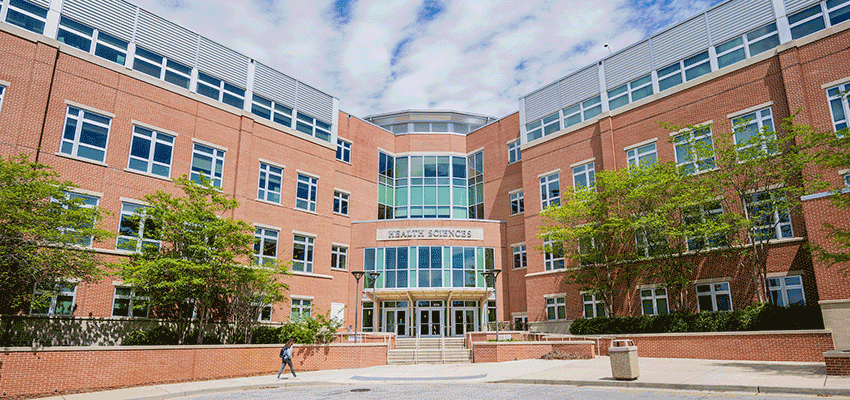The Department of Biomedical Sciences Aims to Help USA Health Address National Physician Shortage
Posted on January 24, 2024 by CAHP

This story was originally published by USA Health. Read the full story online.
While improving healthcare access remains a challenge, a recently awarded grant and an ongoing initiative aim to help USA Health and the University of South Alabama address the issue head on.
Allen Perkins, M.D., M.P.H., a family medicine physician at USA Health, recently was awarded a $16 million Health Resources and Services Administration (HRSA) grant that seeks to increase the number of primary care physicians in states facing the highest projected shortages within the next two years. Perkins also serves as chief ambulatory medical officer and population health officer for USA Health.
The multi-year grant will fund a comprehensive approach to improving healthcare access in underserved communities that builds on the Primary Care Pathway program, which prepares medical students through a broad-based, four-year program in primary care to serve patients in rural and underserved areas.
New to the program is a post-baccalaureate component that takes students from historically underserved communities, Perkins said, and prepares them for the rigors of medical school, so they will be more likely to succeed once admitted. Dr. Nancy Rice, chair of the Department of Biomedical Sciences, and Dr. Brad Swiger, assistant professor and graduate program coordinator for the Department of Biomedical Sciences, are leading this effort.
“We are excited to partner with Dr. Allen Perkins, on the HRSA grant that focuses on increasing the number of primary care physicians in Alabama,” Rice said. “Our specific role will be to mentor students through our post-baccalaureate master’s degree in biomedical sciences which will serve as a preparatory program for the existing Primary Care Pathway in the Whiddon College of Medicine.
“Students selected for the program will be provided full tuition support (10 students per year), a stipend during the second summer while they conduct research in rural and public health, as well as supplementary opportunities for MCAT preparation and career mentorship. Students selected for the program must express a desire to continue to work in rural health and primary care.”
Additional training in the Frederick P. Whiddon College of Medicine prepares students for practicing in underserved communities in partnership with Franklin Primary Health Center and Accordia Health.
The new funding also allows for the Whiddon College of Medicine to hire an epidemiologist and biostatistician to help characterize the communities the students are training in and help focus the student outreach and impact on the communities, Perkins said, noting “the students have now been in the communities for four years and are beginning to identify resource needs unique to each of the areas.”
With the help of the Covey College of Allied Health Professions, the USA Health Department of Family Medicine, and the USA Center for Healthy Communities, the latest training model is an expansion of the Primary Care Pathway program. It will recruit and enroll up to 40 students from historically underrepresented groups or those who have had formative experiences in historically underserved communities and have expressed an interest in practicing primary care in such settings.
